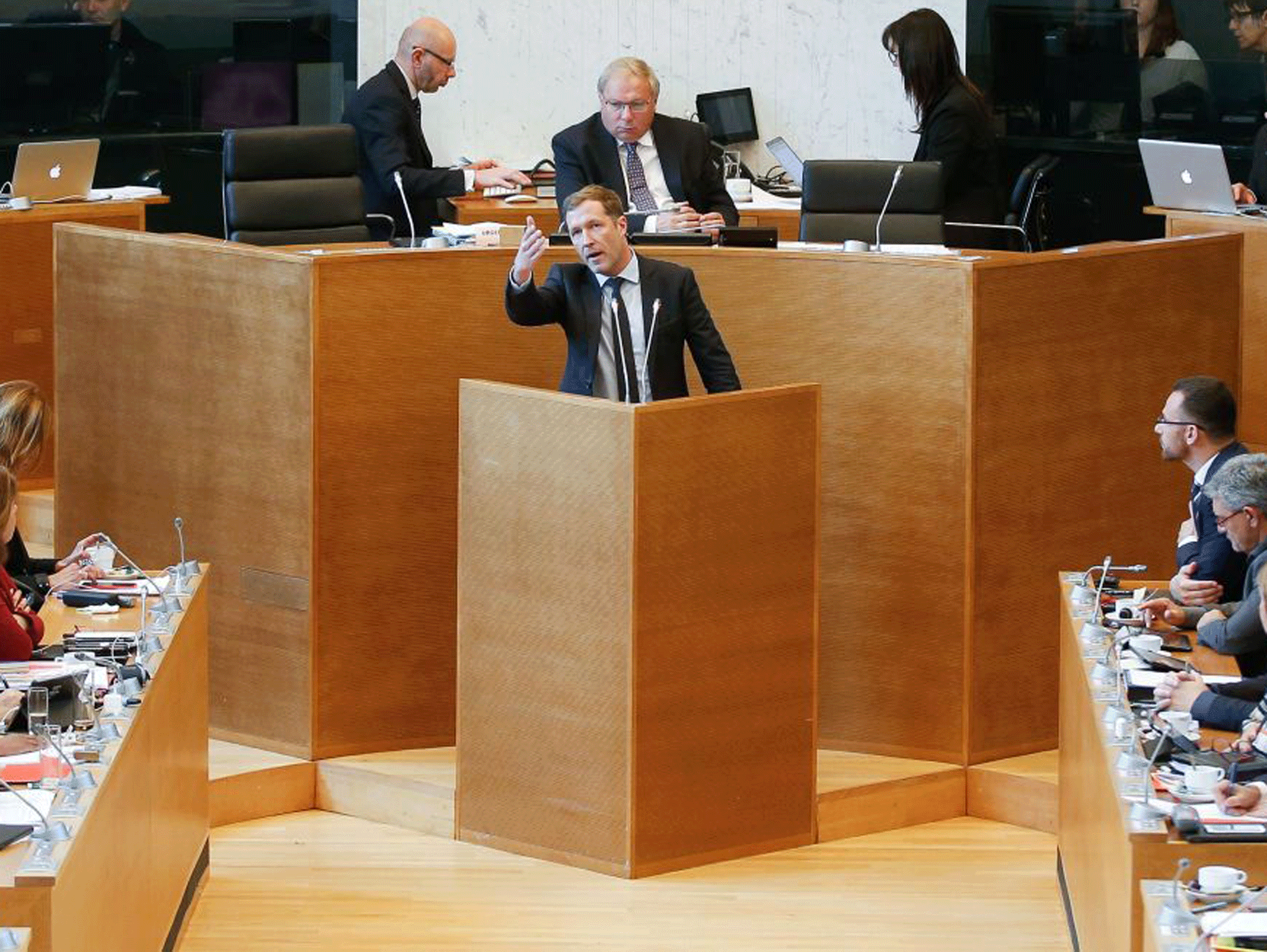Ceta: Belgian state rejects controversial EU-Canada trade deal
Wallonia votes 46 to 16 against the Comprehensive Economic and Trade Agreement

Your support helps us to tell the story
From reproductive rights to climate change to Big Tech, The Independent is on the ground when the story is developing. Whether it's investigating the financials of Elon Musk's pro-Trump PAC or producing our latest documentary, 'The A Word', which shines a light on the American women fighting for reproductive rights, we know how important it is to parse out the facts from the messaging.
At such a critical moment in US history, we need reporters on the ground. Your donation allows us to keep sending journalists to speak to both sides of the story.
The Independent is trusted by Americans across the entire political spectrum. And unlike many other quality news outlets, we choose not to lock Americans out of our reporting and analysis with paywalls. We believe quality journalism should be available to everyone, paid for by those who can afford it.
Your support makes all the difference.A small region in Belgium has rejected a landmark EU trade deal with Canada, potentially delaying a signing expected later this month.
Wallonia, a french-speaking area in southern Belgium, has voted 46 to 16 against "Ceta" because of fears local workers will be laid off if the agerement leads to cheaper farming and industrial imports.
Belgian law requires the backing of all seven regional, federal and linguistic entities for the deal to be accepted by the national government.
Politicians from the region delcared they would not allow the government to sign the Comprehensive Economic and Trade Agreement (Ceta) which has raised concerns about Britain’s negotiations once Article 50 is invoked.
Any proposed deal Britain strikes with the EU will require a similar ratification process where all nations must agree and the Belgian town could torpedo any agreement.
"I will not give powers to the federal government, and Belgium will not sign CETA on October 18," Paul Magnette, Wallonia’s leader, told the regional parliament.
The Ceta deal can only go ahead if there is unanimous agreement of all 28 member states, with the signing coming as soon as 27 October if the agreement wins universal backing.
EU trade ministers are set to make a decision on the proposals next Tuesday.
The bloc has agreed that parts of Ceta can be implemented before all national parliaments have voted, with opponents fearing it will be used as a template to push through the controversial EU-US trade deal, TTIP.
Speaking just before the vote in the Parliament of Wallonia, the Canadian Prime Minister, Justin Trudeau, said that Europe not signing Ceta would send a very clear message to the rest of the world.
“If we find in a week or two that Europe is incapable of signing a progressive trade deal with a country like Canada, then who does Europe think it can do business with in the years to come?” Mr Trudeau asked.
Join our commenting forum
Join thought-provoking conversations, follow other Independent readers and see their replies
Comments